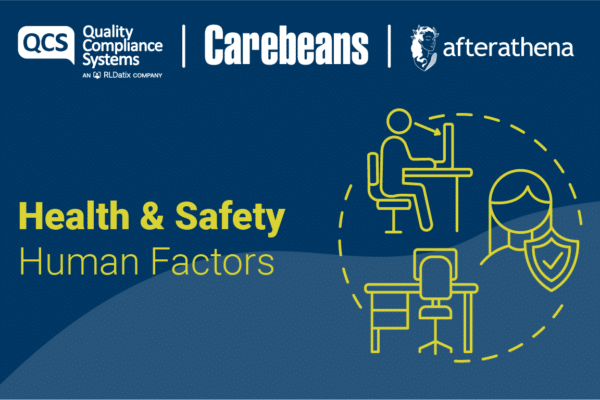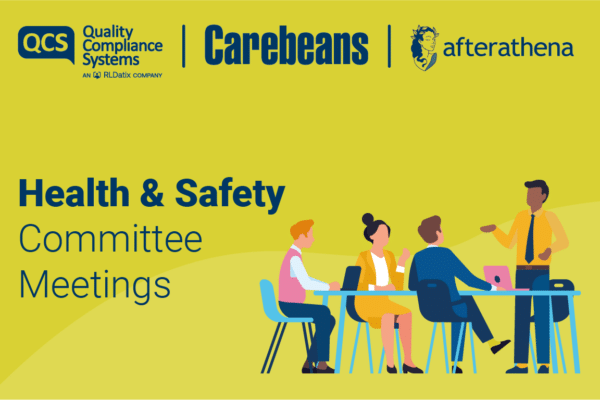Recognising the expertise of qualified nutrition professionals (dietitians and registered nutritionists) in guiding nutrition practice was highlighted in the recent British Dietetic Association’s Awareness Week. Today’s blog is inspired by the ‘Eat Fact Not Fiction’ event that was held as part of this week, where undernutrition in care homes was a subject of discussion in a presentation given by Rachel Masters, lead dietitian for Focus on Undernutrition (FoU).
The emphasis in Rachel’s talk was that rather than producing any more guidelines on prevention of malnutrition, what is more important is providing the relevant support to care homes to help them put guidelines into practice. The excellent FoU programme in County Durham and Darlington provides free undernutrition training to care homes. The FoU team has trained around 85% of all care homes in the area.
So what is the training FoU provide to care home staff?
FoU provides training and support to identify and treat undernutrition. The programme involves a 6-hour malnutrition training session to healthcare staff, and a 6-week course on menu planning and special diets.
The training promotes ‘MUST’ (Malnutrition Universal Screening Tool) to identify service users at risk and the treatment of undernutrition by a food first approach.
Those service users identified by MUST as being at moderate risk are advised to be given:
- 2 snacks in between meals ( e.g. cheese and biscuits, malt loaf, nuts)
- Nourishing drinks (e.g. milky drink)
- Fortified foods, where ordinary foods like soups or custard have additional skimmed milk powder added to increase protein and calorie content
- A multivitamin and mineral tablet
With those identified by MUST as high risk, 2 additional fortified milk drinks are advised (providing an additional 200 kcals and 10g protein per drink). However if weight declines further after a month, the FoU team suggest speaking to the GP or other health professional about the prescription of oral nutritional supplements.
Has FoU made a difference?
Using FoU data collected in 104 residential and nursing care homes between 2003-2015, the programme has been assessed for its impact on weight change, as well as prevalence of undernutrition and pressure sores. The analysis compared baseline data pre-training, with data from an evaluation 6 months after training.
Improvement in weight
A significant improvement following the training was seen in the weight of residents who were losing weight at baseline, and were assessed by MUST as at moderate or high risk of undernutrition. In terms of prevalence of undernutrition, 33% of residents were identified at baseline and this declined to 29% after training. Overall there was also a significant reduction in pressure sores after the training.
There has been a general observation that nutritional care in care homes has improved over time, particularly in terms of screening. The talk emphasised that it was the staff at the care homes that had really achieved this – FoU delivers training but it is the care home staff themselves that go back to the homes and put this in practice. The conclusion was that care home staff are motivated, but, that in services that are typically under-resourced and overstretched, the key is to keep nutrition training of staff, and pathways for nutrition care simple.
And finally just to add further support to training, the American Journal of Clinical Nutrition has recently published a review of studies looking at whether nutrition training of staff caring for nutritionally vulnerable adults resulted in improved learner and client outcomes. Although there is an absence of high-quality evidence, low-quality studies suggest that nutrition training can have a positive effect – with benefit to staff nutrition knowledge, practice, and attitude as well as client nutritional intake.






